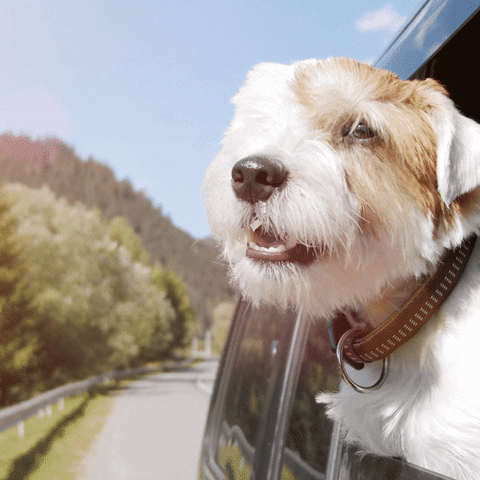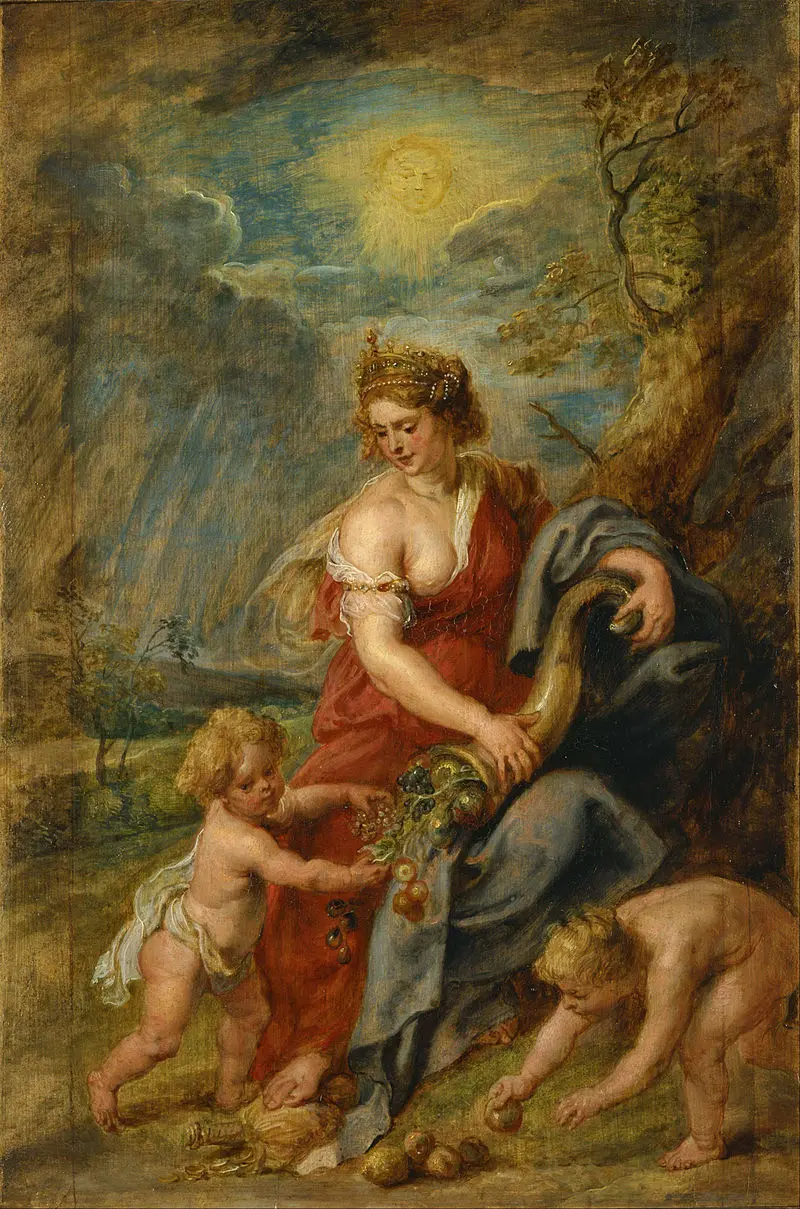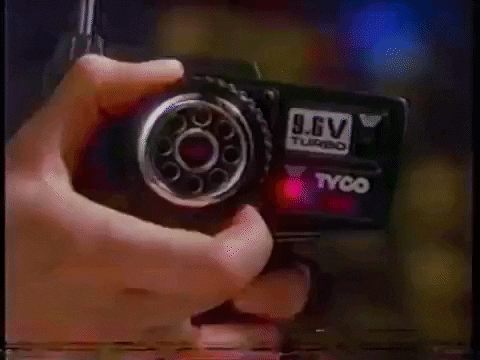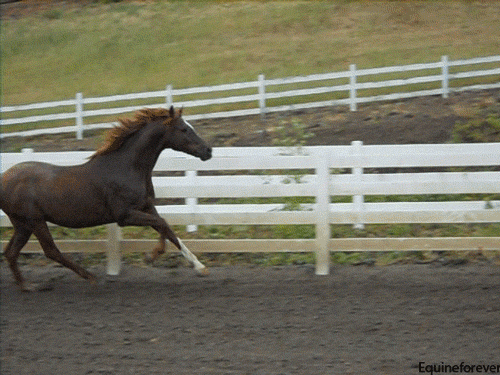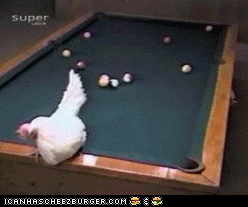Let Robot Overlords Inspect Your Butt
By
As a consumer of food; has it ever occurred to you that despite the great power of government; and its involvement in the food supply; there are still black markets for food?
People are regularly buying food in cash, without the government knowing anything about this event taking place; and without any help from the government, should the transaction go wrong.
Some of you might question if cash transactions of food are really a problem; but here we’ll see how a probe for your ass is in order. More generally, biological health monitors for your whole body, and blockchains for food production, could spur on a deeper understanding of personalised nutrition that will allow creatures (including humans) a more capable and dignified existence in our society.
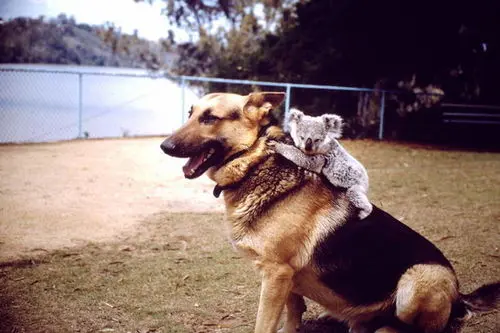
The current understanding of nutrition and of animal rights can still be traced to some dated ideologies of human superiority and general aversion to technology. Here is an 1848 quote for instance from Jean Brillat-Savarin, who wrote the line, “Tell me what you eat, and I’ll tell you what you are”:
We were brought up in the sweet belief that of all creatures that walk, swim, crawl, or fly, man has the most perfect sense of taste.
This faith is in danger of being shaken.
Doctor Gall, founded on I do not know what inspections, claims that there are animals in which the taste apparatus is more developed, and hence more perfect than that of man.
This doctrine is unhealthy and smacks of heresy.
Man, of divine right, king of all nature, and for the benefit of whom the earth has been covered and populated, must necessarily be provided with an organ which can put him in touch with all that is sapid in his subjects.
…
Animals are limited in their tastes: some live only on plants, others eat only flesh; others feed exclusively on seeds: none of them knows the compound flavors.
Keep in mind this thought of eating anything, because it’s your God-given right as a superior being − this book is being written 16 years before the invention of pasteurisation in Europe. So maybe they hadn’t yet caught onto microbes living inside food, but even as late as 1859, we see Charles Darwin releasing a book, "On the Origin of Species by Means of Natural Selection, or the Preservation of Favoured Races in the Struggle for Life".
So, eating cows and pop-tarts doesn’t cement the superiority of mankind, because we can still be killed by some tiny E. Coli living inside our food. The battle for natural selection goes in a cycle like a game of scissors-paper-rock. For us to make ourselves more immune from predation, we need some extra help, like government-funded cameras to inspect our butts.

Getting to this aspect of technology, the key elements of this plan are blockchains and ubiquitous sensing, especially RGB sensors or “spy cameras”, as some might describe them.
But blockchains and more generally, proofs of provenance are not entirely new. Going into this topic, I had the hypothesis that blockchains would solve everything, just like they do in other industries, but there have already been schemes to track the provenance of horses.
In recent years, an arm of the US government has been paying people $1,000 to adopt wild horses. Many of the adoptive owners were found to be auctioning these horses for slaughter as soon as their time-limit expired; and they were still allowed to adopt more!
This is an area that should be solvable with the blockchain − farmers might have to register some hair strands when the horse is born, then buyers will know if they’re getting a wild horse or a farmed horse, but the thing is that in this scenario, the buyers could already tell, because the government had branded its horses with government stamps, like they would a warship or a fighter plane.
The buyers didn’t care and the government didn’t really care either, because if they’d kept ownership of these wild horses that had already been caught, it would cost $24,000 to care for them through their lifetime. If they can get it off their hands for $1,000, then they don’t mind being taken for a ride.
But what if consumers knew that they were getting wild horse meat? Was the failure just that the provenance-tracking wasn’t going far enough? Just how far could it go? Imagine if we had satellite surveillance of pastures; we can see the health of the field and the size of the field, to estimate just how much produce will be grown. Then the farmer can report how much they’ve sold; and where it went, forming the next stage of the blockchain.

Middlemen will wash it, mix it into other foods or feed it to animals. All along the way, sales are tracked, with knowledge of the exact batch and perhaps even the exact row of vines. When it appears on supermarket shelves, you know the complete provenance of the food; and if someone puts needles in strawberries, you can know all the places these strawberries had in common, besides just the Earth.
Having satellite imagery also gives consumers more power in verifying ethical claims − if chickens are claimed to be raised “free range”, consumers can see for themselves what density we’re talking about, and how free it really is.
We can continue the blockchain onto the consumer, if we force supermarkets to finally give consumers an API to access their own purchase history. If it was known exactly what foods were in your home, it’d then make it easier for cameras to recognise what you’re eating and what the nutrition profile is.
{ "foods": [ { "food_name": "avocado", "serving_qty": 1, "serving_unit": "avocado, NS as to Florida or California", "serving_weight_in_grams": 201, "calories": 321.6, "saturated_fat": 4.27, "total_fat": 29.47, "cholesterol": 0, "sodium": 14.07, "total_carbohydrate": 17.15, "dietary_fiber": 13.47, "sugars": 1.33, "protein": 4.02, "potassium": 974.85, } ] }A web page for an avocado vs an API response for describing an avocado
Wearable sensors can already track the concentrations of Oxygen, sugar and alcohol in our blood. We can track the physiological effects instigated by the food from the supermarket and we can learn how your energy and concentration varies through the day. Maybe you could tie this to your work output too: do you end up writing more code after eating an avocado? Is your post-breakfast code less likely to be rewritten than your code from the end of the day?
Each person’s metabolism is different; and for further insight into why food is affecting each person differently, we need data from their gut, which only becomes accessible when they visit the bathroom. When analysing the contents in the toilet bowl though, how do we know who it belongs to? Researchers at Stanford University have made a smart toilet that analyses the contents and recognises the visitor by their butthole.
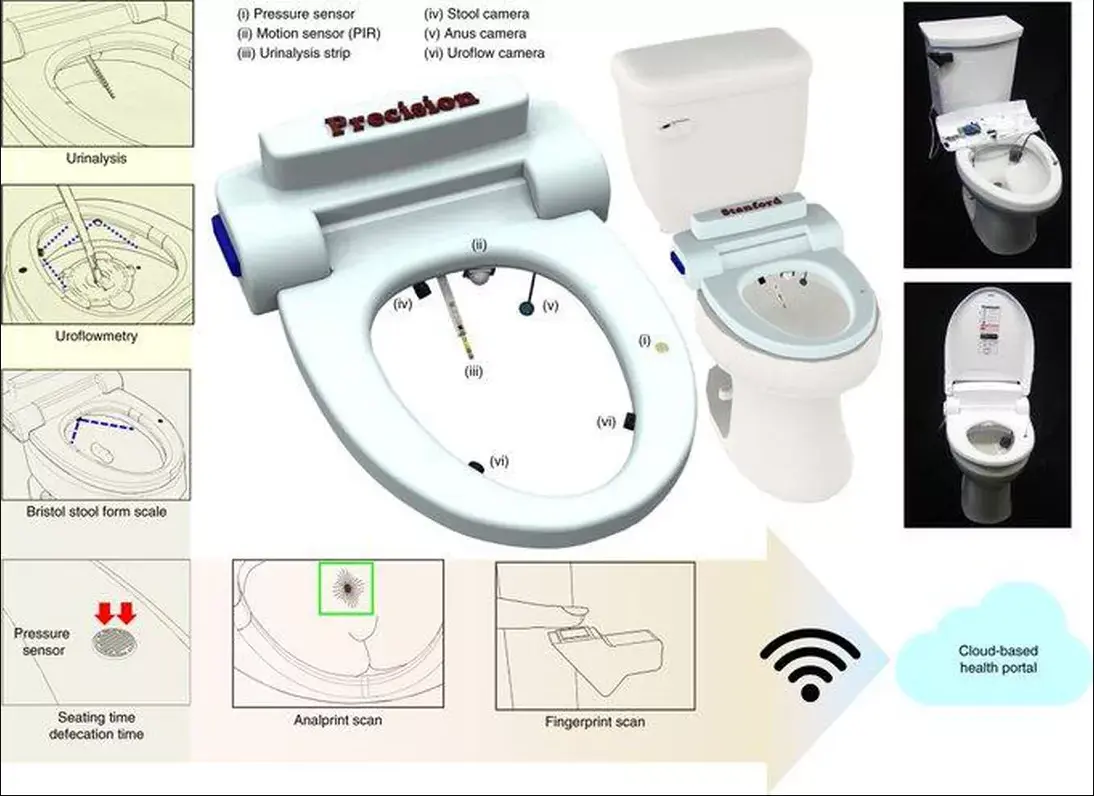
The device could be particularly appealing to individuals who are genetically predisposed to certain conditions, such as irritable bowel syndrome, prostate cancer or kidney failure, and want to keep on top of their health. − Sanjiv Gambhir, MD PhD
By tracking the food’s physiological effects on our gut, this can serve as a means of definitively detecting meaningful contamination of food. Think about all the the food inspectors within processing plants, surrounded by people who are pressuring them to rubber-stamp whatever they see. We can release our physiological data to trusted, open-source algorithms (not humans) to crunch the numbers and detect for instance that the meat from some particular plant was spoiled; and that there might’ve been DNA from unexpected animals present.
We might also like to imagine sharing our food-purchasing behaviour with an open-source system that predicts consumption trends. If such a system can predict what we’ll wish to eat on a particular day, we can feed data to restaurants for instance, telling them the predicted population who might be visiting; breaking down which ingredients they might like, as well as any of their dietary restrictions. The restaurant could minimise wastage and could ultimately prepare food that customers appreciate.
Will there be enough demand today for extra, petrol-powered restaurants?
There’s no way each restaurant could build such a system on its own − an open-source system created by the people would be a system that’s better than what private industry could achieve. It’s better than what current governments can achieve too − when they get involved in feeding people in prisons or schools, corruption is inevitable.
Like the other aspects of Nationality As A Service, these nutrition-analysis capabilities require opting in; and they rely on open-source systems, to achieve the gold standard of trust. We can create a civilisation where we’re healthier and more capable; where our pets are healthier; and where corporations are kept honest along the way.
